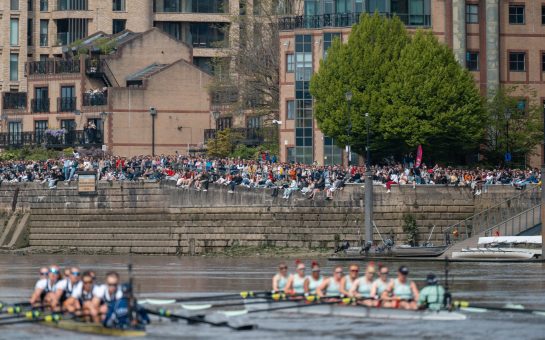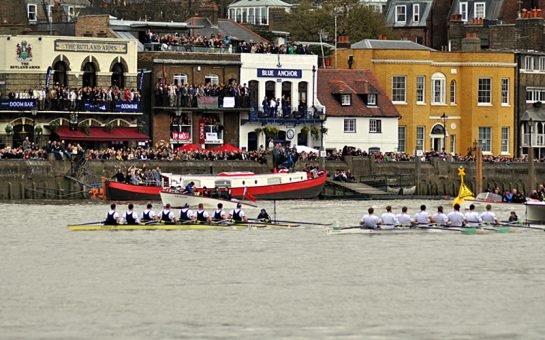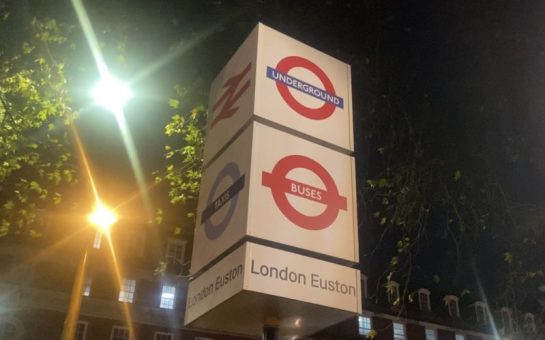Around 210 people take their lives on the railway each year.

The train comes to a halt. There is an announcement over the tannoy to inform passengers that due to an accident the train will be delayed.
Someone starts to get angry, annoyed that their train journey has been disrupted and their plans for the day put on hold. Someone else bows their head and looks like they are praying. There are many different reactions to what we all suspect has happened. Someone has made the tragic decision to take their life on a South West London railway.
It is a sadly common occurrence throughout the UK, with people twice as likely to die by suicide as they are in a road traffic accident. It is estimated that around 210 people take their lives on the railway each year. Around 80% of suicides on the railways are committed by men, with those between the ages of 35-55 from lower socio-economic backgrounds being in a particularly high risk group.
So what can be done to help? In the South West London area the Samaritans, who recently celebrated their 60th birthday, are working very closely with Network Rail to reach people in distress before these tragic incidents occur.
A Samaritans poster campaign has been put into effect in many railway stations. Those in the South West London area include Clapham Junction, Wimbledon, Richmond, Putney and Earlsfield.
The posters are displayed in the hope that those thinking of taking their lives will see them and call to speak to someone before it is too late. Samaritans adverts appear on both the electronic boards and around the station.
Shona Synnott, from Putney Samaritans, said: “We don’t want people to be feeling they have to take their lives. If we can get there before they head down into that real depth of emotional despair that’s what we want to do really.”
When asked how many people the poster campaign had helped, Ms Synnott added: “It’s very hard to tell because actually you’re trying to calculate a negative; you don’t know how many people that you have actually prevented. We have a lot of posters up in a lot of the stations; we support five stations here at Putney.”
As well as this poster campaign which aims to reach people in distress, the Samaritans have been providing training to staff at the railways so that they are equipped to deal with these incidents and know how to intervene.
“Samaritans as a whole is working with Network Rail and we provide training for the station staff so that if they see somebody who they feel is acting in a way that they’re worried about they can actually go and make the contact and know what to look for.”
While some have commented to South West London stations that barriers should be put up in order to prevent these incidents from occurring, this may not be something that is always practical or possible.
Ms Synnott explained: “There’s not a lot you can do – unless you have something like the Jubilee line where you have barriers going along, it’s very difficult. But hopefully by training the staff to spot certain types of behaviour that we have identified as those sorts of behaviour that would be displayed by somebody who is maybe thinking of taking their life, hopefully they can intervene and they do. There have been a number of successful interventions.”
The ongoing training programme teaches station staff how to make an approach, something which can be both difficult and delicate. They have been provided with skills to help them make initial contact, take the person to a place of safety and offer them a Samaritans card or a phone call.
As well as this training programme being put into effect, the Samaritans will visit stations at which incidents have occurred to speak to both staff and members of the public who witnessed the incident.
“If you’re actually there it is the most awful, awful thing. It’s just being there for people if they want to come up and talk and we will give out cards and have quite a few conversations with people and just be there for them.”
Samaritans cards are also handed out at stations as part of the ongoing campaign to raise awareness and over 1,000 can be handed out in rush hour at Clapham Junction station.
A spokesperson for the South West Trains, Network Rail Alliance, said: “Every death on our railway is a personal tragedy. We are working very closely with the Samaritans to reduce the number of fatalities on our network. One of the initiatives is providing specific prevention training for over 400 of our station staff.
“We are dedicated to reviewing and implementing new initiatives.”
While the number of suicides occurring at train stations may still seem frighteningly high, both Network Rail and the Samaritans are working together to reduce the numbers and there is no telling how many people have been saved due to their work.
Photo courtesy of Arpingstone, with thanks.
Follow us @SW_Londoner




